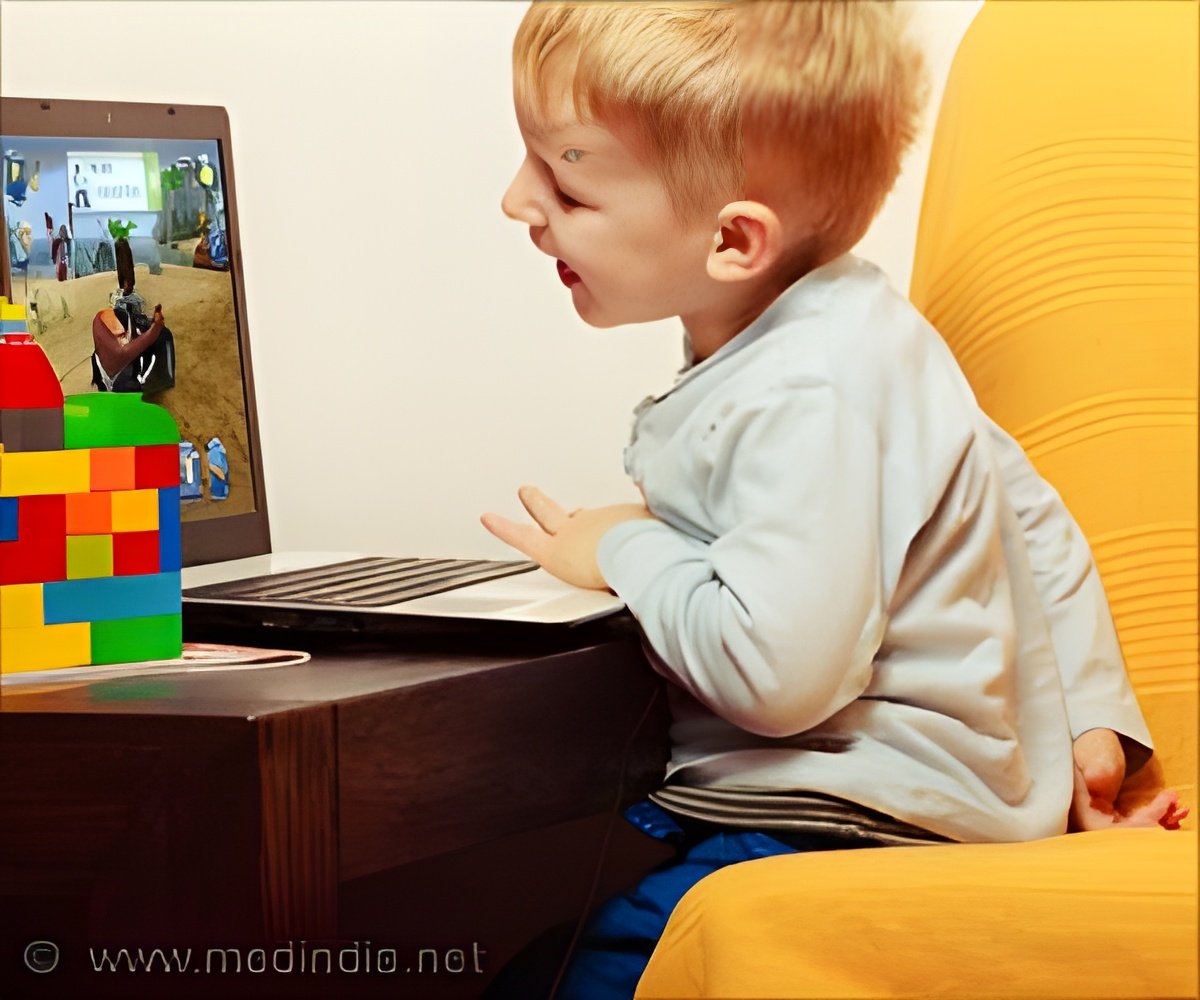Bilingual children use as many words as monolingual children when telling a story, and demonstrate high levels of cognitive flexibility.

"This suggests that bilinguals are adept at using the medium of storytelling. The results suggest that parents of bilingual children do not need to be concerned about long-term school achievement," Nicoladis said in a paper published in the journal Language, Cognition and Neuroscience.
"In a storytelling context, bilingual kids are able to use this flexibility to convey stories in creative ways," Nicoladis added.
The researchers examined a group of French-English bilingual children who have been taught two languages since birth, rather than learning a second language later in life.
Results show that bilingual children used just as many words to tell a story in English as monolingual children.
Participants also used just as many words in French as they did in English when telling a story.
Advertisement
This research used a new, highly sensitive measure for examining cognitive flexibility, examining a participant’s ability to switch between games with different rules, while maintaining accuracy and reaction time.
Advertisement
"Learning a word is related to how much time you spend in each language. For bilingual children, time is split between languages. So, unsurprisingly, they tend to have lower vocabularies in each of their languages," Nicoladis said.
"However, this research shows that as a function of storytelling, bilingual children are equally strong as monolingual children," Nicoladis added.
Source-IANS









